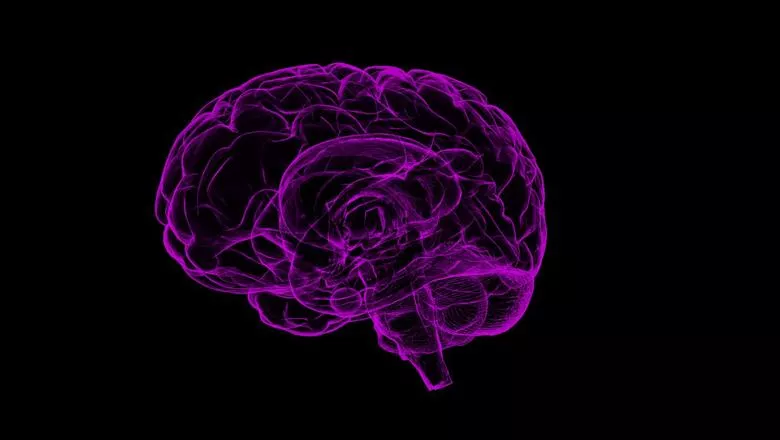
Dr Richard Rosch BMBCh PhD MRCPCH
Clinical Lecturer
Research interests
- Neuroscience
Contact details
Biography
Our brains never stand still – neurons are constantly firing away, talking to each other through trillions of synapses. Collectively, all this chatter creates rhythms and waves of activity that can spread all the way across the human brain in mere milliseconds. In epilepsy this somehow goes wrong, and atypical brain waves of activity disrupt normal brain function, affecting cognition, behaviour and normal development.
My lab is interested in how these brain waves are shaped. How do the molecules that influence synaptic function lead to abnormal brain activity? How does the brain’s network structure affect its activity patterns? How does this system change over time, especially during brain development? To explore these questions, my team and I use tools from theoretical physics, complex systems analysis, bioengineering and biology to study whole-brain activity dynamics in diverse model systems - ranging from computer simulations to zebrafish and recordings in patients undergoing evaluation for epilepsy surgery.
Please see my Research Staff Profile for more details.
Find out more about my research:
Key Publications:
- Rosch et al., 2024. Spontaneous Brain Activity Emerges from Pairwise Interactions in the Larval Zebrafish Brain. Phys. Rev. X.
- Burrows et al., 2023. Microscale Neuronal Activity Collectively Drives Chaotic and Inflexible Dynamics at the Macroscale in Seizures. J. Neurosci. Res
- Chari et al., 2022. Drug-resistant focal epilepsy in children is associated with increased modal controllability of the whole brain and epileptogenic regions. Commun Biol.
- Rosch et al., 2019. Selective Prefrontal Disinhibition in a Roving Auditory Oddball Paradigm Under N-Methyl-D-Aspartate Receptor Blockade. Biol. Psychiatry: Cogn. Neurosci. Neuroimaging
- Rosch et al., 2018. NMDA-Receptor Antibodies Alter Cortical Microcircuit Dynamics. Proc. Natl. Acad. Sci. U.S.A.
Key Collaborators:
- Prof Arian Ashourvan, University of Kansas
- Prof Karl Friston, University College London
- Prof Gabriele Lignani, University College London
- Dr Martin Tisdall, Great Ormond Street Hospital NHS Foundation Trust
- Dr Sukhvir Wright, Aston University
News
King's researchers received ARIA Precision Neurotechnologies Programme funding
Funding was awarded to Dr Rosch to research neuropsychiatric disorders and Dr Pouliopoulos to investigate the blood-brain-barrier

News
King's researchers received ARIA Precision Neurotechnologies Programme funding
Funding was awarded to Dr Rosch to research neuropsychiatric disorders and Dr Pouliopoulos to investigate the blood-brain-barrier

